Smart Home Renovations in St.Catharines: Your Guide to Permits and Avoiding Costly Errors
Are you someone thinking of home renovations in St.Catharines? If yes, then you should know that transforming your home into a smart home is more than just following the latest technology trends – it’s an opportunity to make your life simpler, more efficient, and even more fun!
Think about it: “dim lights, adjusting the temperature, or locking and unlocking the front door” – all from your phone or with just your voice. Isn’t that amazing? And this is already happening in many homes here.
But before you rush out to do smart changes with new devices, there’s an important thing to be aware of: smart home improvements often have regulations. This means permits, building codes, and regulations from the municipality. If you don’t pay attention to these, you could face fines, have your inspection denied, or even worse, need to undo all your work.
Don’t worry; in this guide, I will walk you through what permits you may need for smart home transformations, common mistakes to avoid, and how to get everything done without issues and within budget. Let’s start!
Understanding Home Renovations in St.Catharines: Permits for Smart Homes
Why Permits Matter for Smart Upgrades
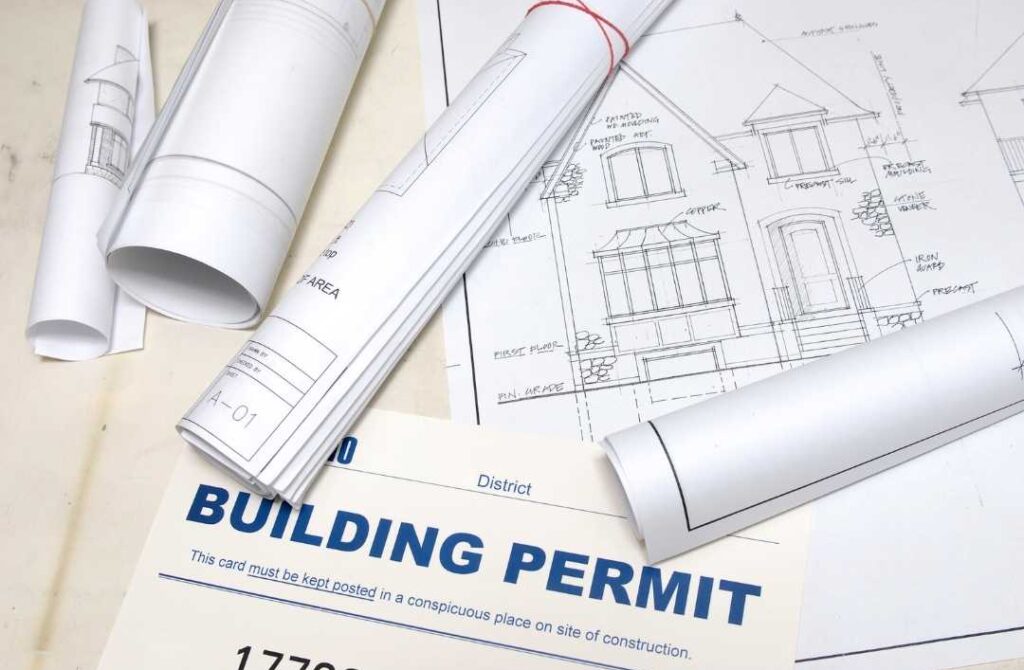
A big misconception about smart home technologies during home remodeling is that it is merely the installation of devices, nothing more. While that is true for some devices, the majority of upgrades will involve electrical work or structural changes. In St.Catharines, a building permit is likely required when electrical work or structural changes are involved.
For example:
- Installing new wiring to support new smart lighting. That is electrical work.
- Similarly, installing a smart panel that requires modifying or requires a new drywall. That comes under structural change.
- Installing a thermostat connected to the HVAC system? That potentially puts heating and ventilation in jeopardy.
- Permits are not just administrative requirements. They ensure safety that we are not creating an electrical hazard and that we are following the mandates of Ontario’s building code.
In fact, not obtaining a permit can lead to more serious consequences than just being fined, such as voiding your home insurance or facing problems when selling your home.
Types of Smart Home Projects Requiring Permits
Not all devices you add will require a permit, but many of the common home automation improvements under regulated work. Here’s a quick summary that might need permission during home renovations in St.Catharines:
- New Circuits for Smart Lighting – Many smart LED or automated lighting upgrades will require you to run new wire or upgrade your breaker panel.
- Modifying Walls for Control Panels or Smart Panels – Simply opening a wall to recess a smart panel counts as structural work.
- HVAC Changes for Smart Thermostats – Some smart thermostats require changes to a heating/cooling system’s wiring or functionality, particularly in older houses.
- Hardwired Smart Security Systems – Permits are often required for devices such as doorbells, outdoor surveillance cameras, or smart security systems that tie into the house’s electrical system.
- Structural Changes for Automation – Motorized blinds or smart cabinetry that fits into walls or ceilings may also require modifications to walls or ceilings.
How to Apply for Permits for Smart Home Renovations in St.Catharines
Applying for a permit is not as complicated as it may seem. Below is a simplified step-by-step process:
1. Determine the Scope:
Prepare a list of all of the smart upgrades you are planning, especially anything that requires new wiring, structural modifications, or mechanical (HVAC) work.
2. Speak to Experienced Professionals:
Finding a licensed contractor to assist you in understanding your project can help to identify what portions of your project will need permits and they may even help you with the actual process of applying for permits.
3. Access the City Website:
You should go directly to the City of St.Catharines permit application portal, where you will be able to download forms required and find submission requirements.
4. Submit All Necessary Documents:
Typically, a site plan or detailed plans, contractor information if applicable, and information indicating the nature of work will be required.
5. Pay Fees and Wait:
Most residential permit application fees are nominal, but approval times may vary
Pro tip: Before your home renovations in St.Catharines, call or email the city’s Building Department if you’re unsure about anything. It’s better to ask now than pay later.
Common Permit Pitfalls Specific to Smart Home Installations
Homeowners are frequently challenged with smart home projects because they don’t realize the level of technical integration to the structural aspects of a home. Here are a few things to keep an eye on.
- Assuming Low-Voltage Work Doesn’t Require a Permit: Even low-voltage wiring may require a permit if it connects to your home’s main electrical system.
- DIY Electrical Work: Ontario law requires licensed electricians for most electrical modifications. DIYing your smart lighting could lead to unsafe installs and code violations. What seems like a simple hyped-up Ikea light, which simply plugs in and has some LED lights sewn into it can lead to unsafe installations, which may not meet electrical code.
- Overlooking Approvals for minor modifications: If you’re cutting into your interior walls during home renovations in St.Catharines, like putting a panel in or putting in sensors, it may seem like a “minor” modification on the surface, however it may require an approval.
Tips for a Smooth Permit Process for Smart Upgrades
- Plan Early: Don’t wait until your smart devices are on order to think about permits.
- Work With Local Pros: Hire contractors familiar with both smart home technology and local regulations. Also check their reviews, if they are up to the working standards.
- Be Transparent: Give full details about your project when applying, it’s better to over-explain than under-explain.
- Schedule Inspections in Advance: If your project requires a final inspection, factor that into your timeline.
How to Avoid Costly Mistakes in Smart Home Project
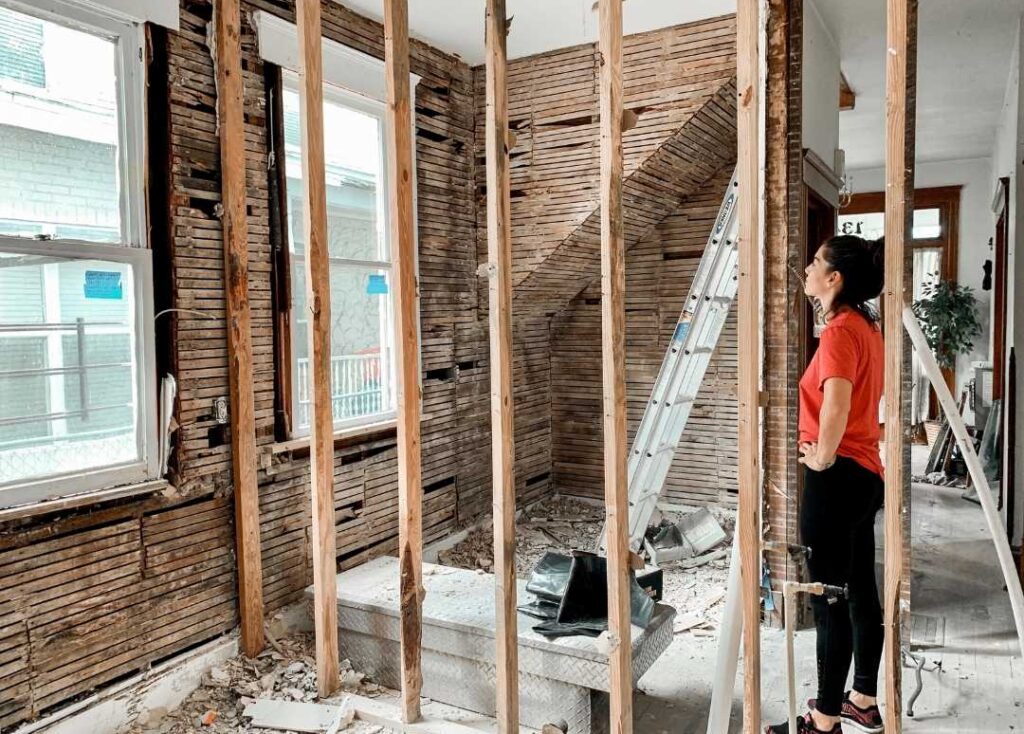
1. Underestimating Timelines for Tech Integration
- Smart homes are supposed to make life easier, but setting them up can take time.
- Running wiring through walls, configuring devices, syncing them across apps, and troubleshooting issues takes more than a weekend. Especially when working with older homes, delays can (and do) happen.
- Avoid frustration by planning a buffer into your transformation timeline. Give contractors the space they need to get it done right.
2. Watch Out for Old Home Quirks
- St.Catharines is full of beautiful older homes, but they were not exactly designed for smart technology. Things such as old wiring, modified breaker panels, and thick plaster walls can create an issue with installing smart devices.
- Before starting any home renovations in St.Catharines, it is wise to confirm if your home electrical system is capable of supporting the smart technology.
- In some instances, a contractor may need to make changes to the electrical or other systems behind the wall before you can enjoy the benefit of the smart technology.
- Plan for this ahead of time in both your timeline and financial budgeting so you are not caught off guard later.
3. Choosing Unsuitable Smart Devices for the Local Climate
- Here in Ontario, we get the full four seasons, humid summers, icy winters, and everything in between. So when you’re picking smart devices, especially anything going outdoors, you need to make sure they’re built for the job.
- That sleek smart doorbell might look great online, but if it’s not rated for extreme cold or moisture, it could malfunction or die out mid-winter.
- Always check for weather-resistant ratings (like IP65 or higher for outdoor gear) and read reviews from other Canadian homeowners before going for home renovations in St.Catharines.
- Choosing climate-compatible devices isn’t just practical, it’s a way to futureproof your smart home investment.
4. Poor Budgeting and Hidden Costs
Let’s be honest: smart devices can quickly turn into a trap of excessive spending. You start with a thermostat, and suddenly you’re eyeing smart locks, lighting, cameras, speakers, sensor etc, it adds up.
- But the biggest budget-buster? Not accounting for the hidden costs:
- Electrical upgrades for compatibility.
- Subscription fees for cloud storage or advanced features.
- Professional installation, especially if you want things hardwired or linked to existing systems.
If you’re considering smart home renovations in St.Catharines, budget for some extras. And, if you’re doing other improvements on different sections of the house at the same time, think about doing the smart upgrades at the same time to save on labor costs.
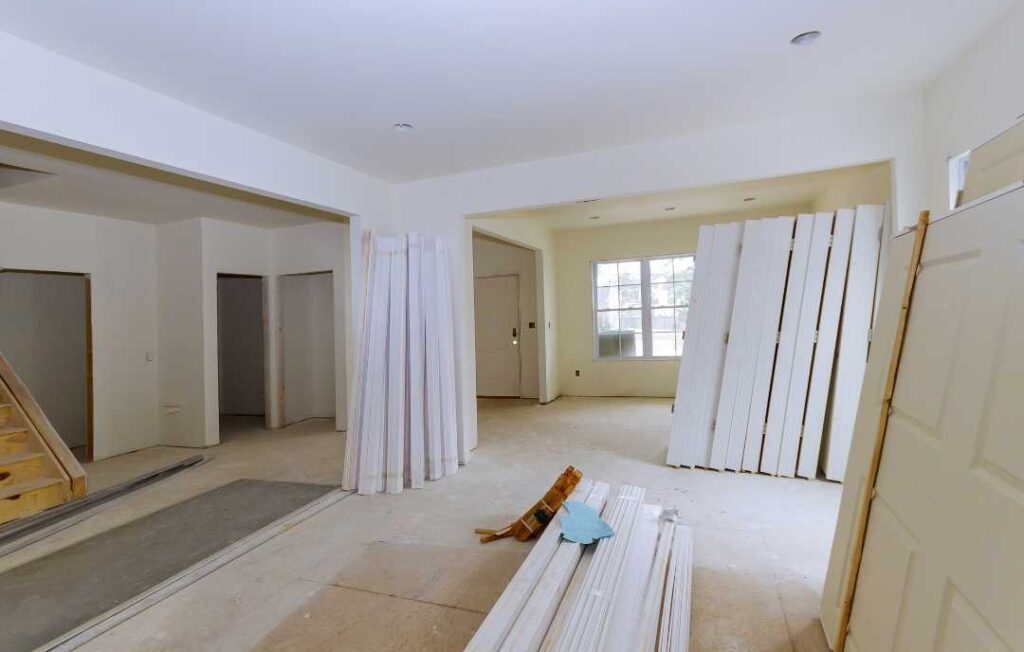
5. Not Getting Multiple Quotes from Experienced Local Contractors
- All contractors are not created equal, especially when it comes to smart homes.
- You’ll want someone who knows construction and technology. They should be familiar with or comfortable running wire for connected devices, understand networking requirements, and be familiar with the permit process.
- Don’t just get stuck on the first quote. Get two or three quotes, ask specific questions regarding their smart home experience, and make sure they are licensed and insured.
6. Poor Communication with Contractors Regarding Smart Home Requirements
- Even the best contractor can’t read your mind. Be crystal clear about what devices you’re installing, where you want them, and how they should work together. Also be aware about your rights and when starting home improvements or repairs.
- Want your smart lights to dim when the TV turns on? Or your blinds to close when the sun sets? These features require thoughtful planning and integration during the remodeling, not as an afterthought. The more specific your vision, the better your team can deliver.
- If you are doing complete home renovations in St.Catharines, you will want to have a discussion about your technology desires in the initial design discussions. This way, any wiring, outlet placements, and control panels can be integrated into the layout.
7. Ignoring Local Bylaws and Regulations
Permits aside, smart upgrades can sometimes clash with local bylaws, especially if they affect the exterior of your home. Think:
- Bright motion-activated lights that bother your neighbours.
- Security cameras facing public areas.
- Outdoor speakers or devices that generate noise. While smart homes offer convenience, they should never come at the cost of compliance (or community harmony).
Always check with the bylaws of city if you’re unsure whether a new device could create issues.
Conclusion: Smart Renovations, Smarter Savings
Building a smart home isn’t just about gadgets: it’s about thoughtful planning, local knowledge, and doing everything legitimately and properly. When it comes to remodeling, including smart home renovations in St.Catharines, there are many things you need to think about.
From permits to products and much more. While all of this can be problematic, the good news is that it is possible to have a seamless transformation by doing some research, hiring the right people, and understanding what your city requires.
A smart home is designed to save time, money, and lot of hassle. Be sure to do your research, get the right permits, avoid major financial missteps, and choose devices that work for your city and space.
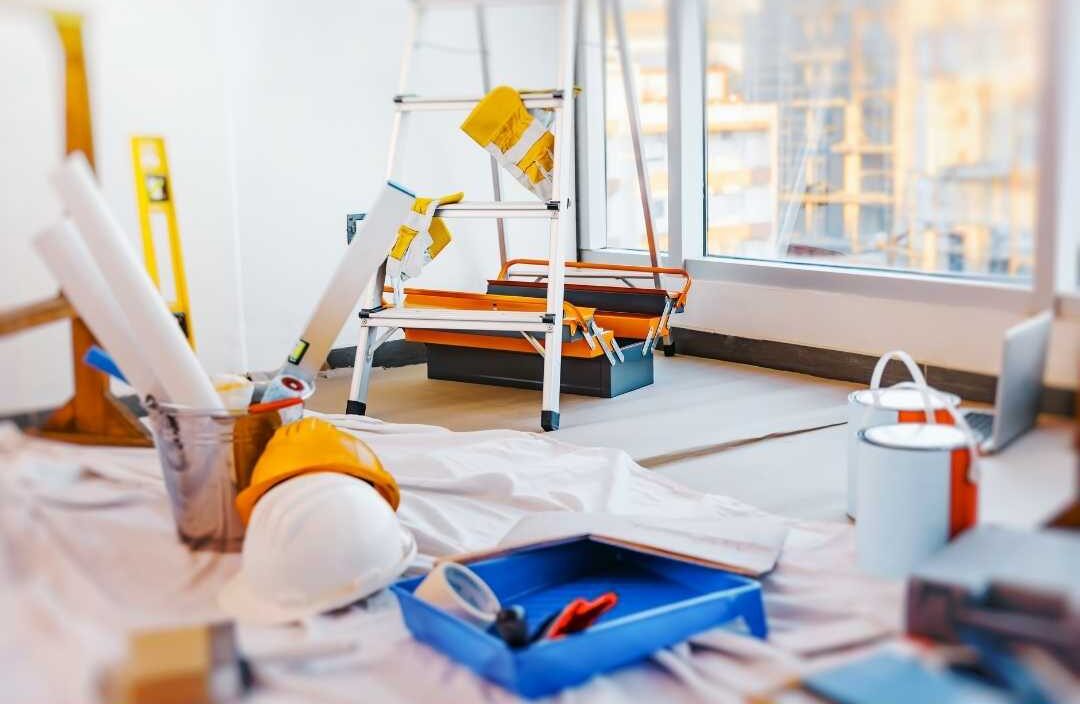
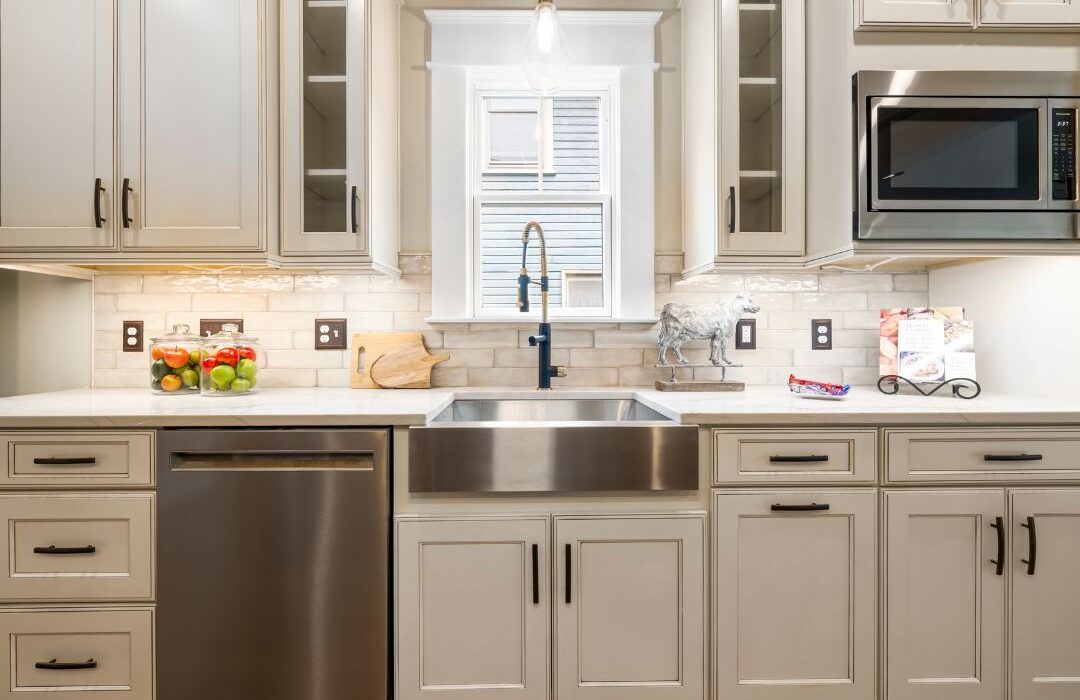
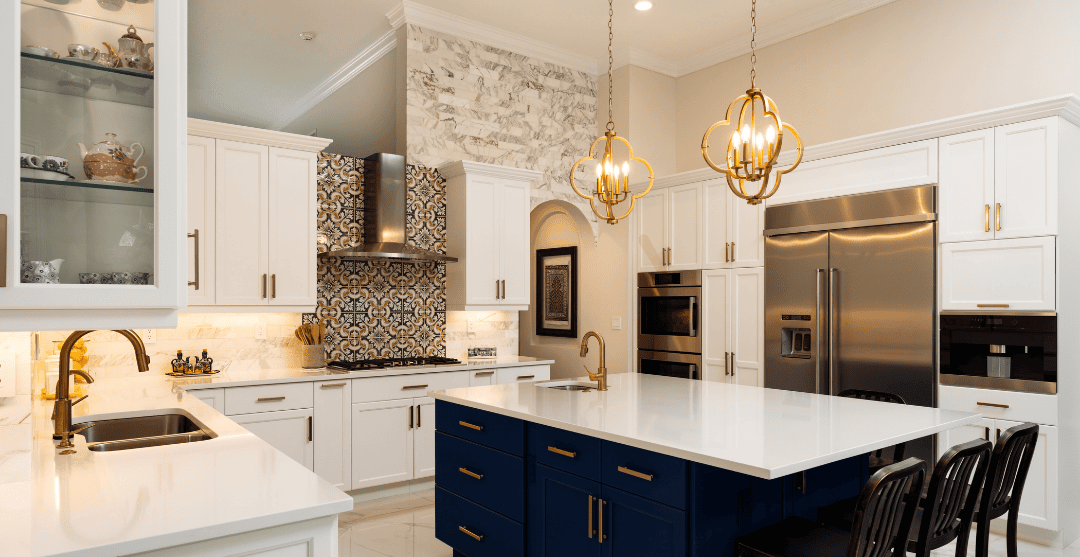
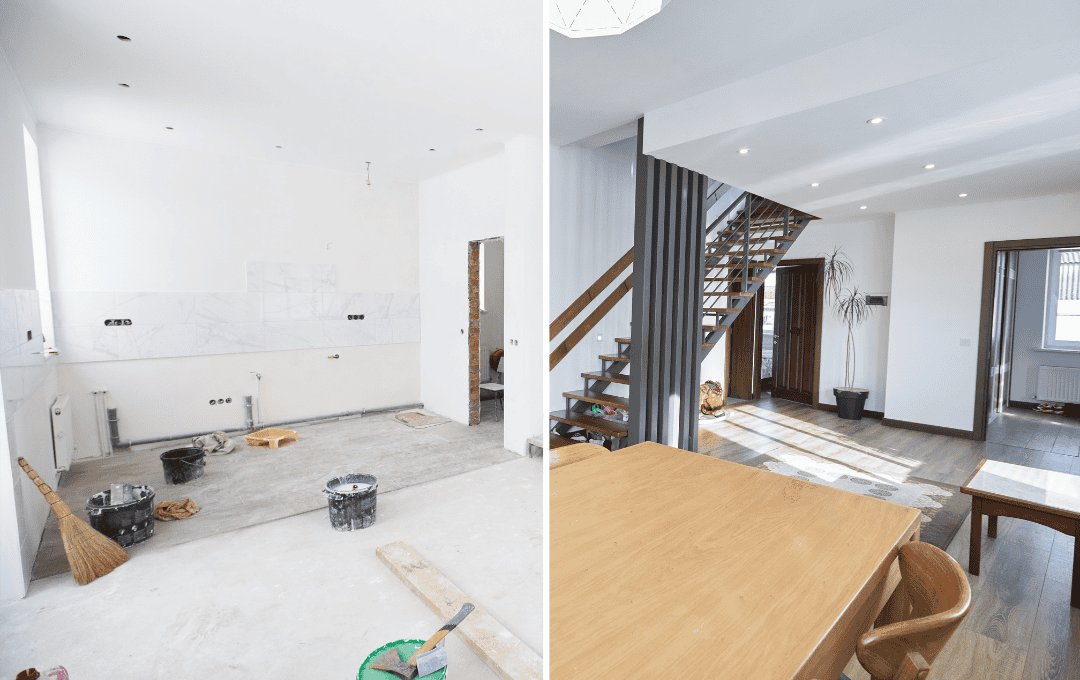
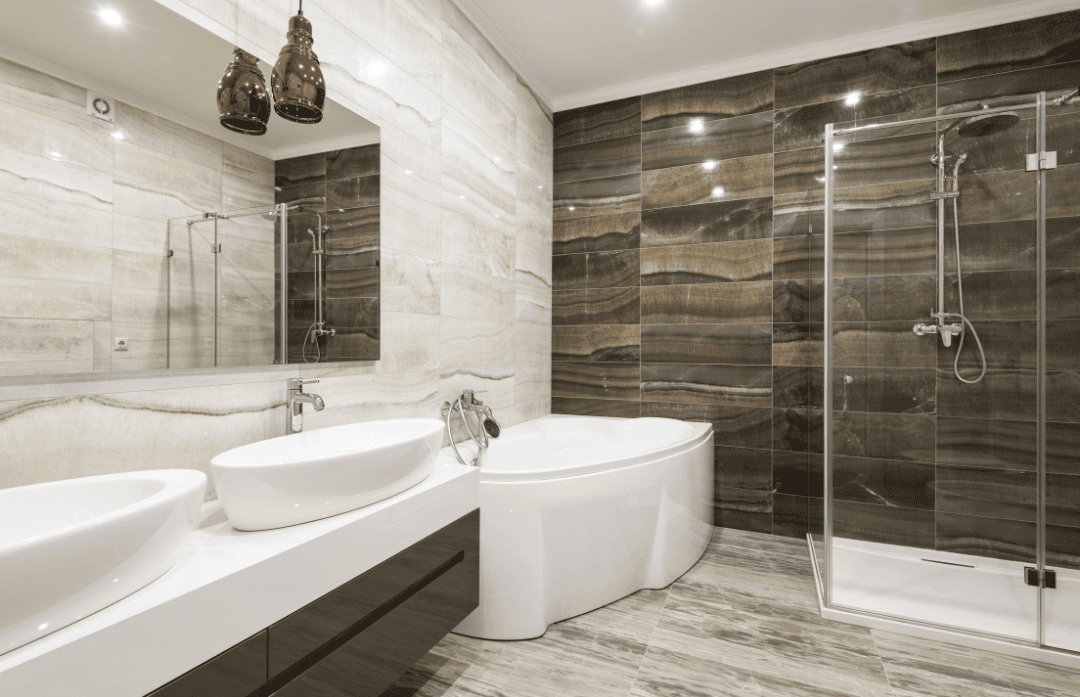
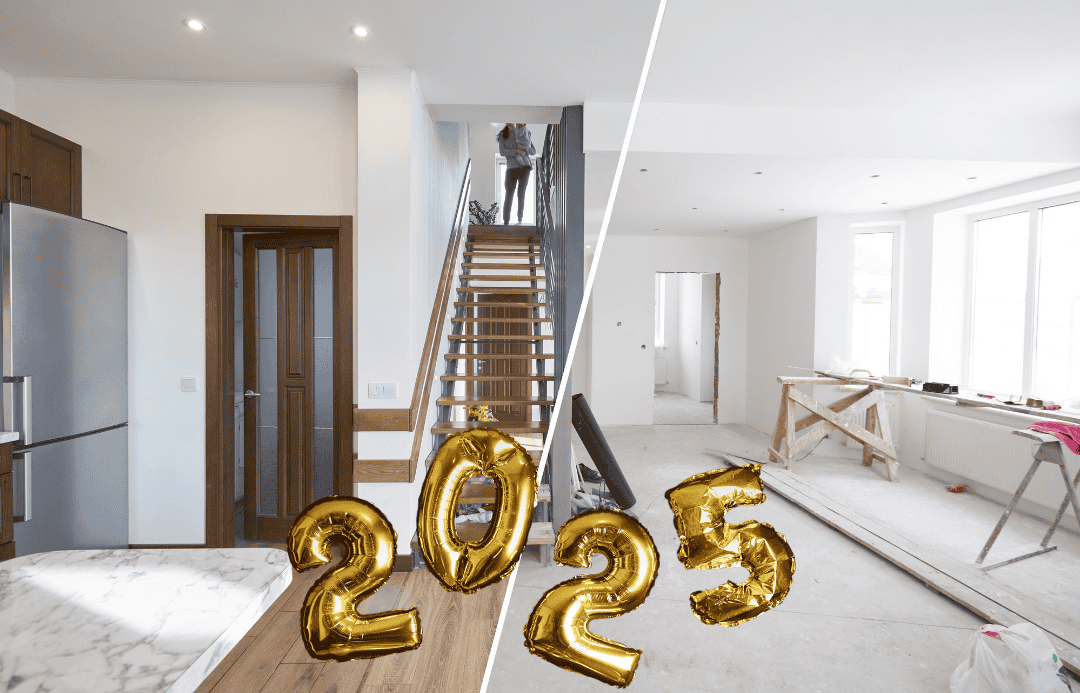

Leave a Reply